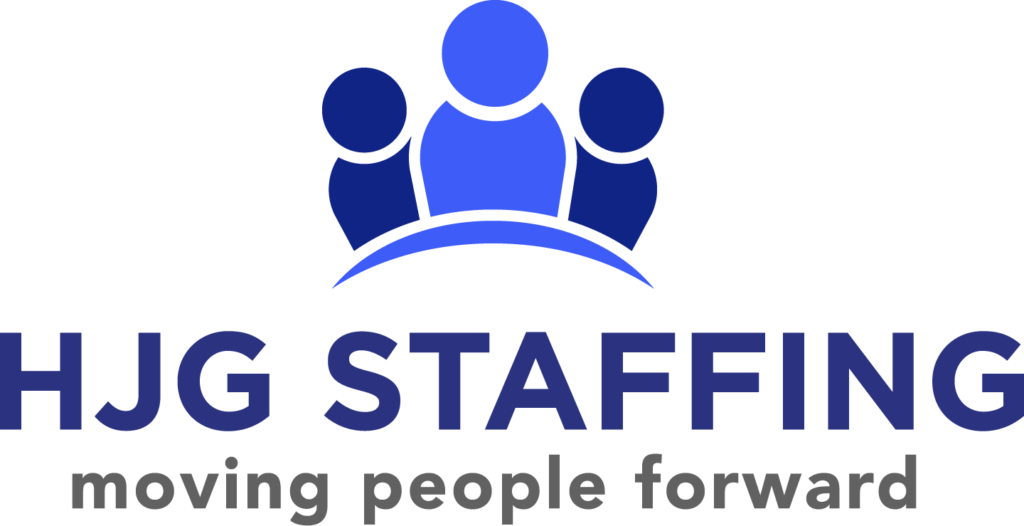Over two years have passed since the birth of Covid-19, and while many of us have acclimated to the pandemic-stricken world, it is more important than ever to take time to self-care reflect. Therapy and mental health programs are effective and transformative but not always an option for everyone. However, there are still opportunities that don’t require insurance or breaking the bank to heal and practice self-care. One way to achieve healing and garner inspiration is through reading, and these 5 books have the potential to change your life, or, at minimum, alter your perspective in a positive way.

1. The Mountain is You: Self-sabotage is more common than you might think. Sometimes, we self-sabotage without even realizing it. The reasons for this often rest in the deep layers of the subconscious, which holds beliefs that may no longer serve us in effective and positive ways. Unearthing these thoughts is not always an easy process, but it is necessary for restoration and growth.
For instance, if the message of laziness was instilled in you as a child, you might carry the belief that you are lazy into your adulthood. Often, the negative beliefs we hold come from an outside source. Once we can recognize intrusive thoughts and change our beliefs, positive change has room to bloom.

The Mountain is You offers insight on how to move past limiting beliefs and heal mind and body.
“It is very hard to show up as the person you want to be when you are surrounded by an environment that makes you feel like a person you aren’t.”
― Brianna Wiest
2. The Myth of Sisyphus: The Myth of Sisyphus was written in 1942 by French philosopher Albert Camus. In Greek philosophy, it is said that Sisyphus was given the eternal punishment of pushing a boulder up a mountain until it rolled down. Then, Sisyphus would repeat the process for the entirety of his life. Camus claims that we must imagine Sisyphus happy, despite a fate that many would consider terrible.

An existential philosopher, Camus understood that life is unpredictable and the meaning of it can be confusing and ungraspable. Therefore, instead of spending time attempting to decode all of life’s circumstances and meaning, it is important to accept life rather than run from it. Embracing life and creating our own meaning is more effective than dwelling on that which we cannot control or understand.
“You will never be happy if you continue to search for what happiness consists of. You will never live if you are looking for the meaning of life.” -Albert Camus
3. Educated: In this memoir, Tara Westover reflects on her upbringing in a survivalist Mormon family. As a child without the choice to attend school, Westover grew up in the rural mountains, learning skills of the land. She was placed in violent, unfair, and terrifying circumstances and persisted despite these setbacks.

It wasn’t until she was 17 that she stepped into a classroom. She held onto hope and persisted in her journey to learn and grow, even if it meant going against what she was raised to believe. This story offers a glimpse of the strength of human nature and reveals how the tenacity and hope of a single human can lead to a better and brighter world.
“My life was narrated for me by others. Their voices were forceful, emphatic, absolute. It had never occurred to me that my voice might be as strong as theirs.”
― Tara Westover
4. No Mud, No Lotus: Thich Nhat Hanh was a Buddhist monk whose accessible teachings help people find peace, acceptance, and love in daily life. In No Mud, No Lotus, Hanh discusses how the beautiful lotus flower emerges from mud before blooming. Life has both hardships and joyous occasions, and they are two sides of the same coin. Using mindfulness and meditation, we have the capacity to transform our grief and suffering (the mud) into understanding and compassion for ourselves and others (the lotus).
This book offers meditations, insight and manageable steps that reveal the way to a more peaceful life. His teachings tell us to acknowledge suffering instead of ignoring it and distracting ourselves. It is through the acknowledgement of hardship that we transform. It is not always easy to face our pain, but when we do, we can heal.

“Without suffering, there’s no happiness. So we shouldn’t discriminate against the mud. We have to learn how to embrace and cradle our own suffering and the suffering of the world, with a lot of tenderness.”
― Thích Nhất Hạnh
5. Atomic Habits: Everything we do can be boiled down to our habits. Sometimes, achieving new goals and setting new habits can feel overwhelming, even impossible. In James Clear’s book, he addresses simple steps that assist in the way to achieving big and small goals. Atomic Habits focuses less on the goals themselves but more on the system of achieving those goals.
Climbing a mountain is a wonderful goal, but the process can feel overpowering and even impossible. However, setting a small habit such as walking at a gradual incline on the treadmill every day for 5 minutes is much more manageable. Clear also preaches to focus on who you want to become rather than the goal itself. If you want your home to be clean, instead of hyper-focusing on the goal, seeing yourself as a “tidy person” teaches your mind to view yourself in that light. If you want to run regularly, the mindset can change from “I want to run regularly” to “I am a runner.” This is one example of many tips Clear provides to promote successful change and positive habit building.

“Success is the product of daily habits—not once-in-a-lifetime transformations.”
While the circumstances of our world are largely out of our control, it is still important to set aside time to enhance our peace and well-being. The wonderful thing about books is that there are countless, and many contain stories and wisdom that inspire, transform, and even have the capability of making the world a better place.



